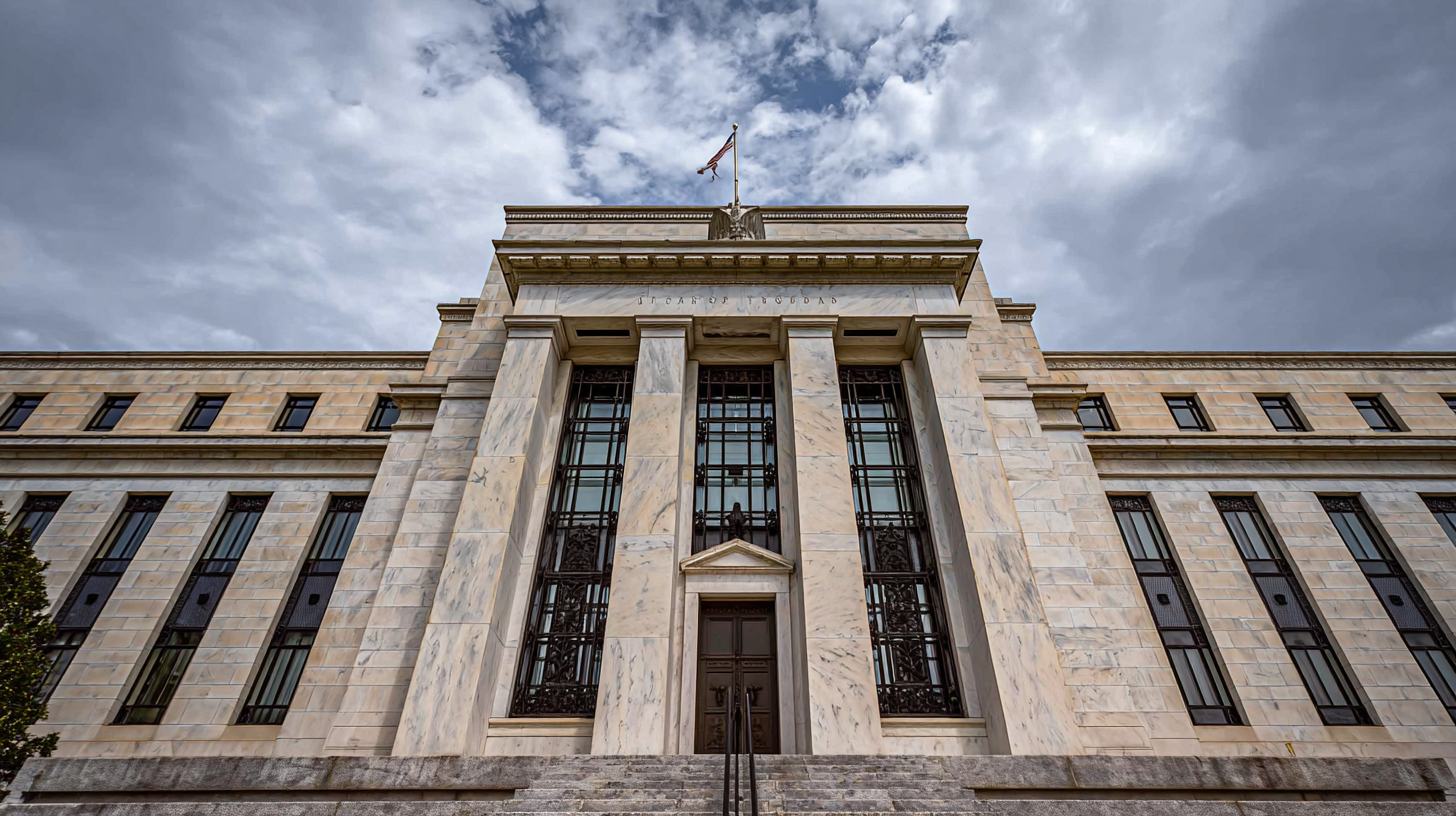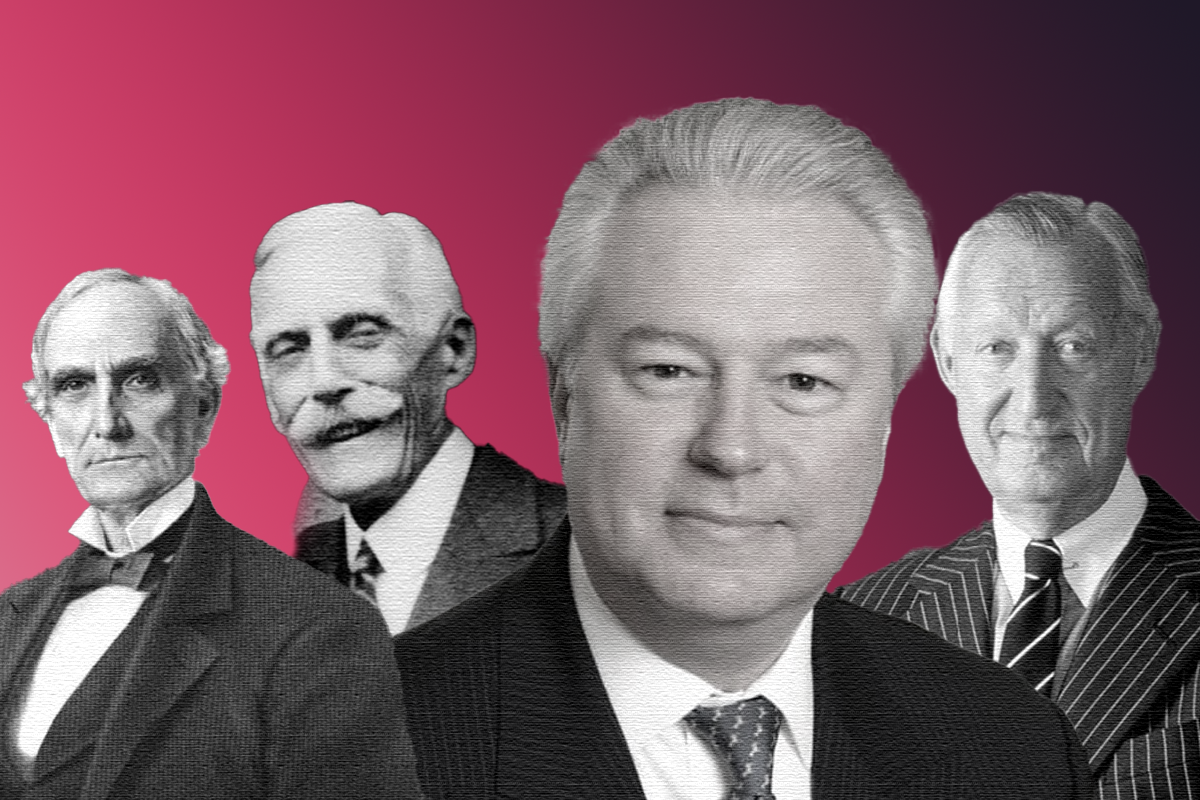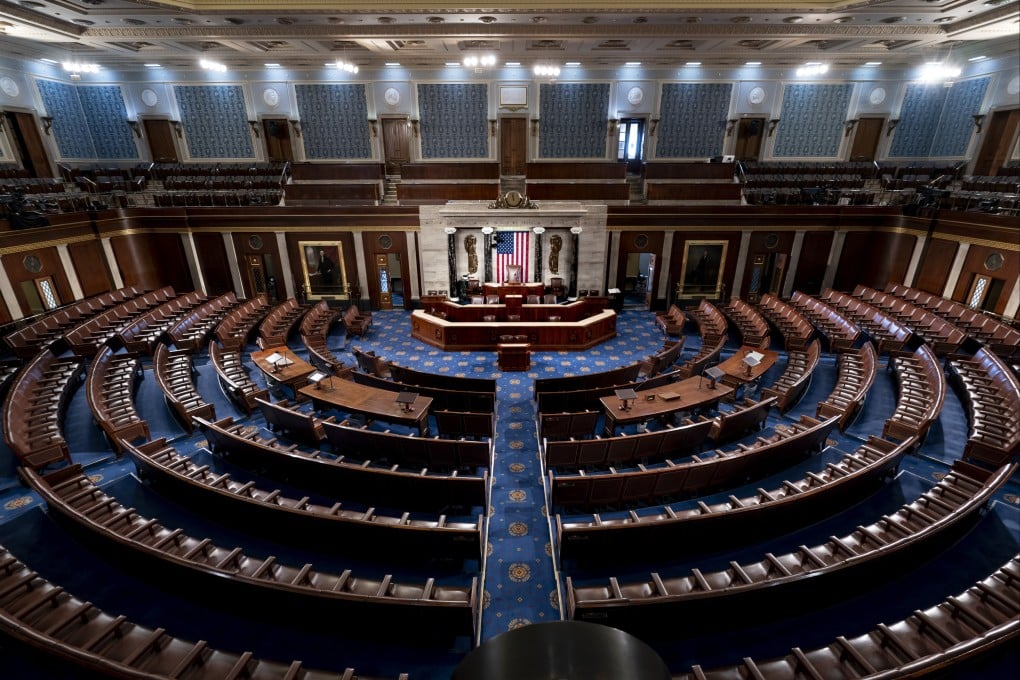Chicago Federal Reserve President Austan Goolsbee has urged a cautious approach to further interest rate cuts as the U.S. central bank continues to navigate a period without official government data due to the ongoing federal shutdown.
Speaking to CNBC on Thursday, Goolsbee said the absence of official inflation figures “accentuates” his preference for restraint when considering future policy decisions.
“I lean more to the, when it’s foggy, let’s just be a little careful and slow down,” Goolsbee said, referencing the uncertainty caused by missing data from federal agencies.
Fed Operating Without Official Economic Data
The government shutdown has forced agencies like the Bureau of Labor Statistics to suspend their reports, leaving the Federal Reserve to rely on private sector data and internal analyses to assess economic conditions.
This has complicated the central bank’s efforts to evaluate inflation and employment trends, key factors in setting monetary policy.
After the Federal Reserve cut interest rates for a second consecutive month last week, Chair Jerome Powell also noted the risk of moving too aggressively without clear data, comparing the situation to “driving in the fog.”
Private Data Helps Fill Gaps
Despite the data blackout, Goolsbee emphasized that the Fed still has access to private indicators on employment.
His own regional bank recently introduced a biweekly estimate of the unemployment rate, which suggested that joblessness likely ticked up to 4.4% in October — the highest level in four years.
According to Goolsbee, these figures point to “a lot of stability in the job market,” although he warned that any significant deterioration would become apparent quickly.
“If it starts to deteriorate on the job market side we’re going to see that pretty much right away,” he said.
Inflation Remains the Biggest Unknown
While labor market data is somewhat accessible through private sources, inflation is far harder to monitor without official reports.
Goolsbee highlighted that just before the government’s data publication halted, inflation readings had shown a slight uptick.
“If inflation starts to go wrong, we’re not really going to get observations that show that,” he warned.
“That accentuates my caution of front-loading rate cuts and just assuming that the inflation that we’ve seen the last three months is going to go away.”
The Chicago Fed chief’s comments align with broader sentiment at the central bank that patience may be necessary until reliable data resumes, ensuring decisions are grounded in verified economic trends rather than estimates.




